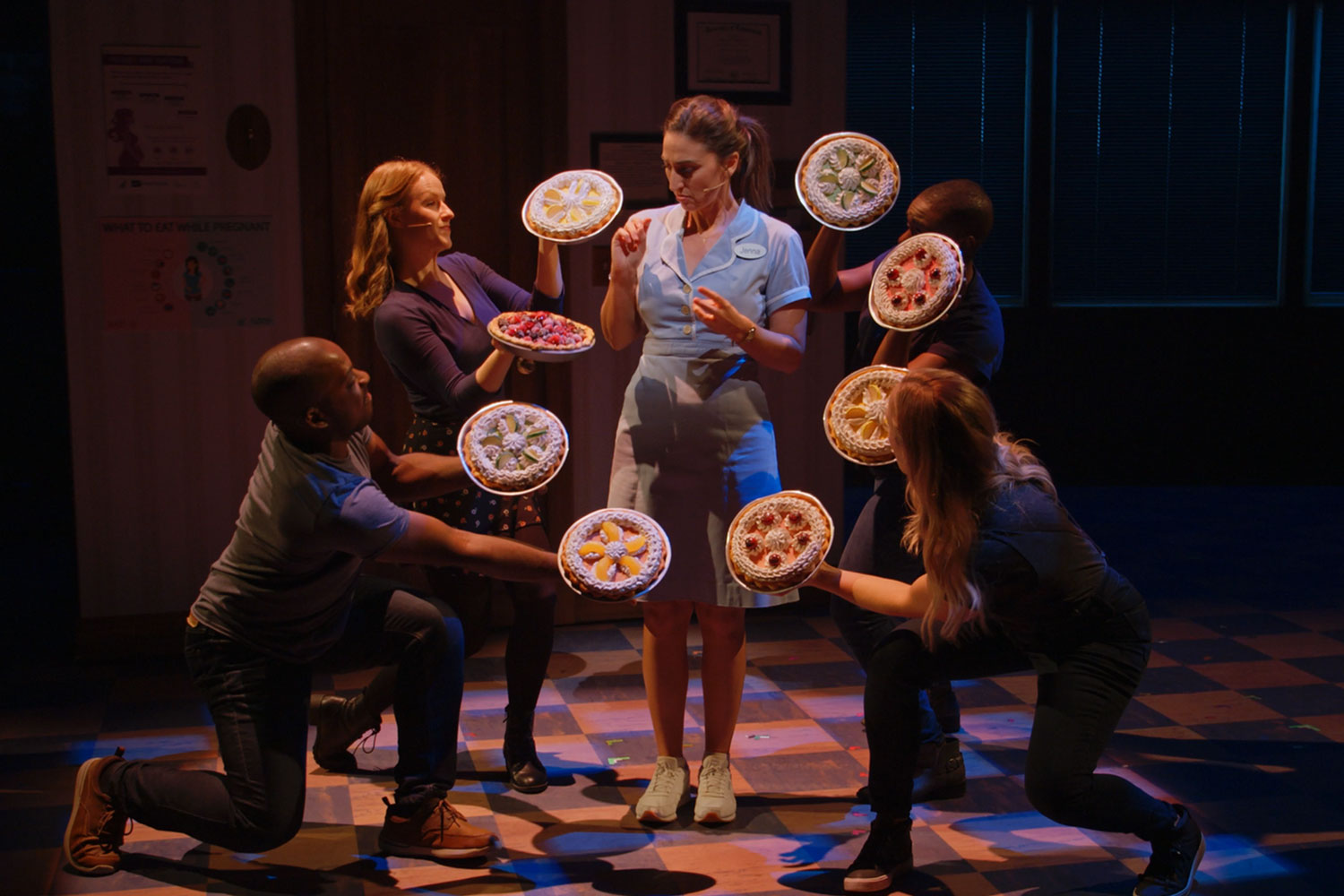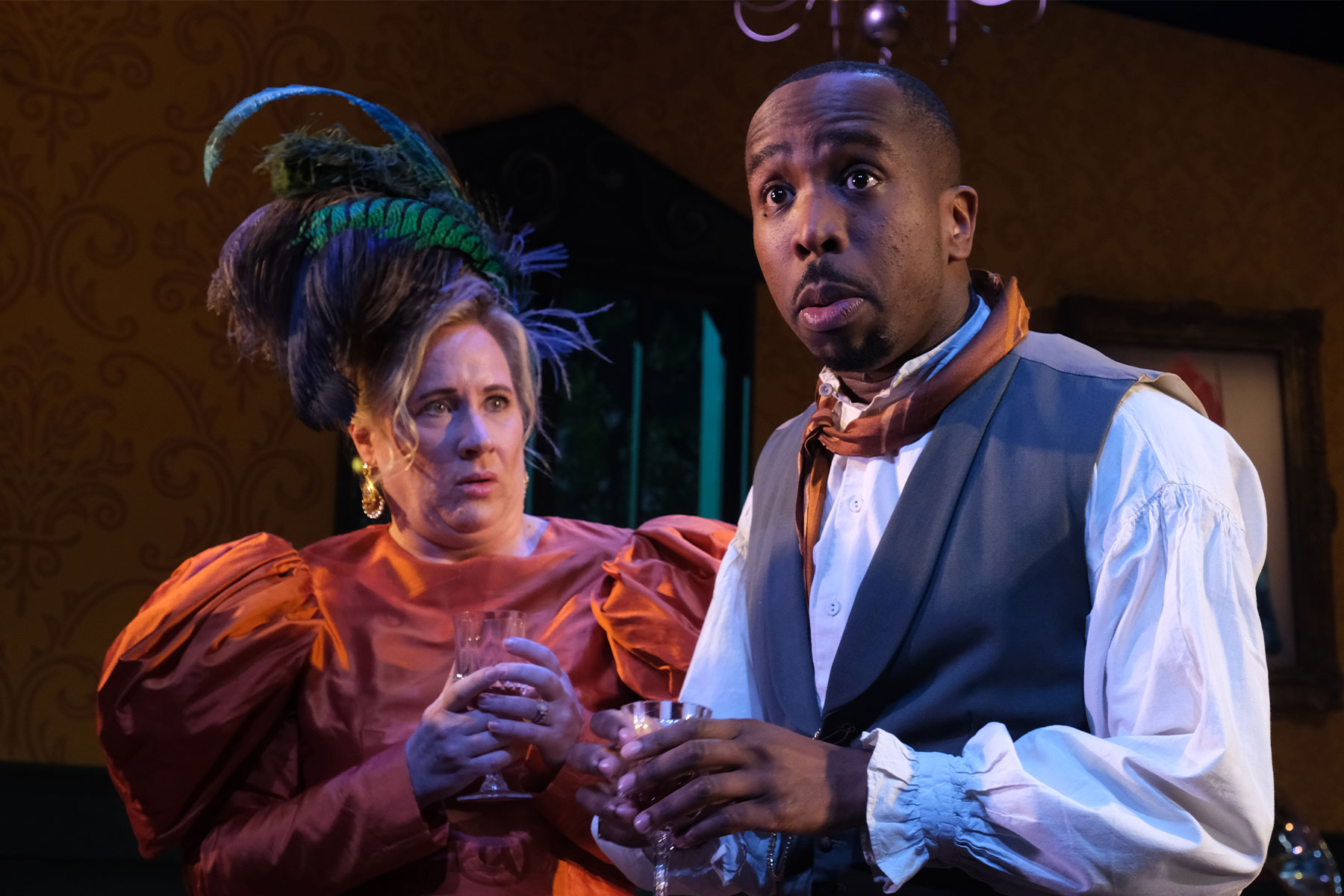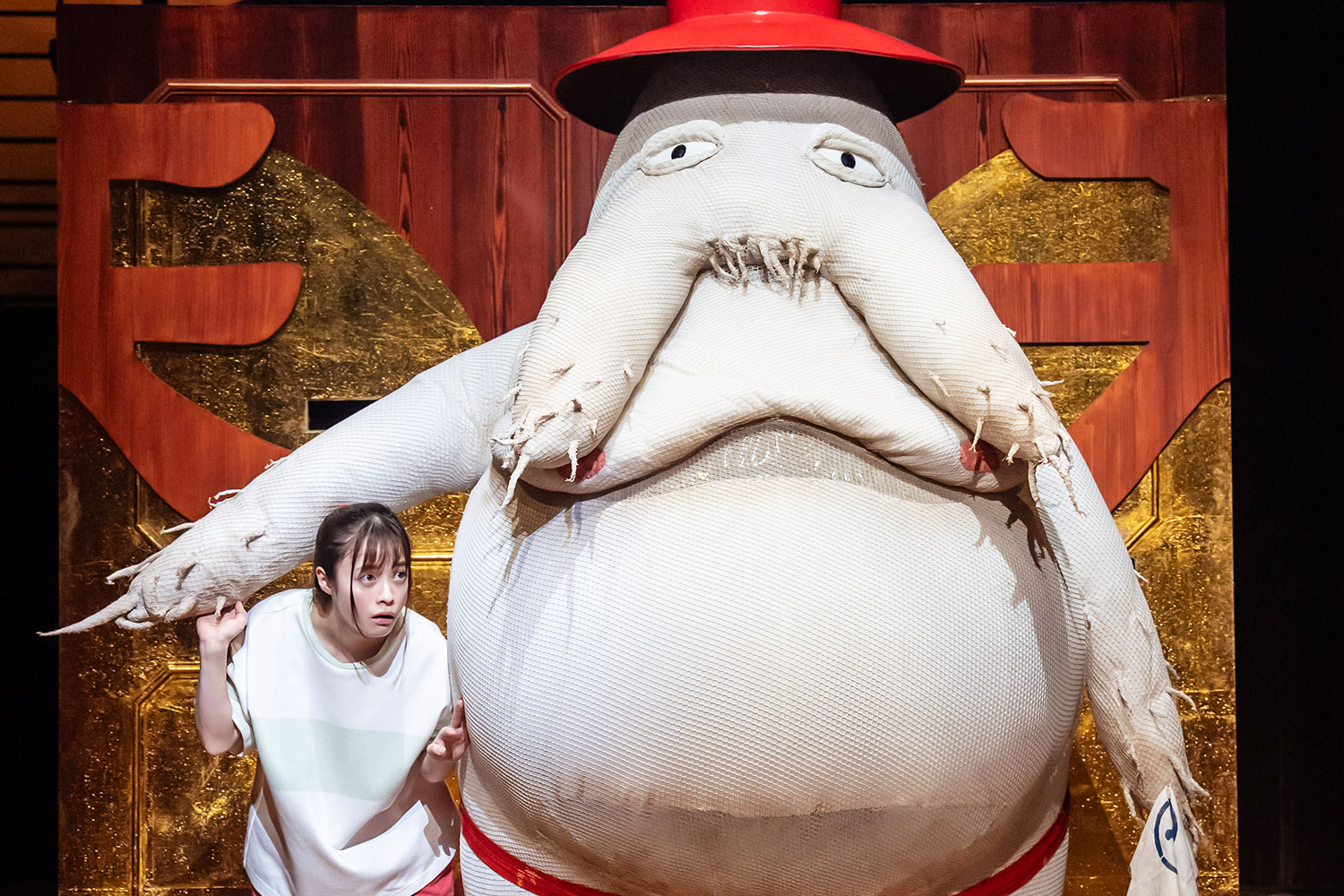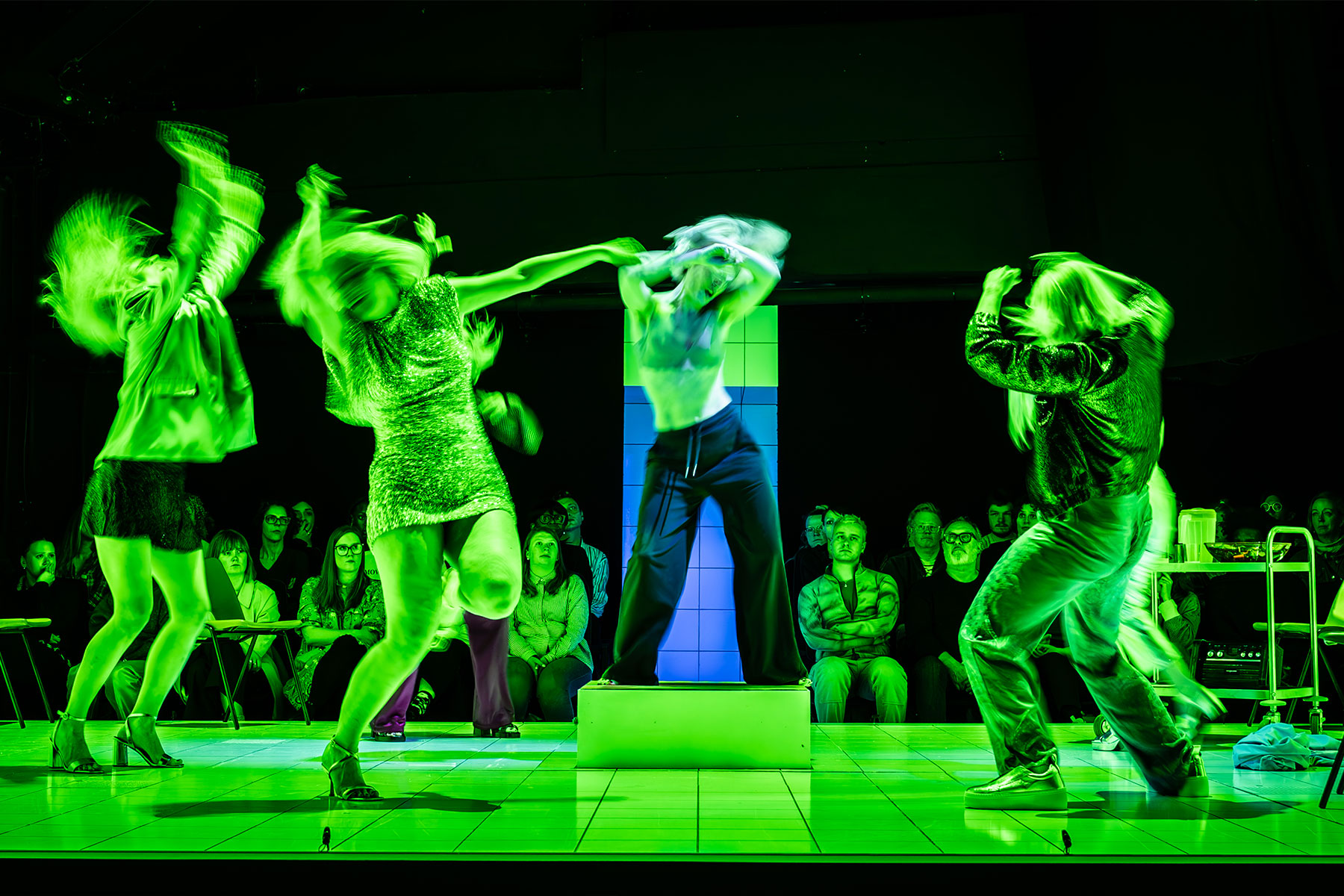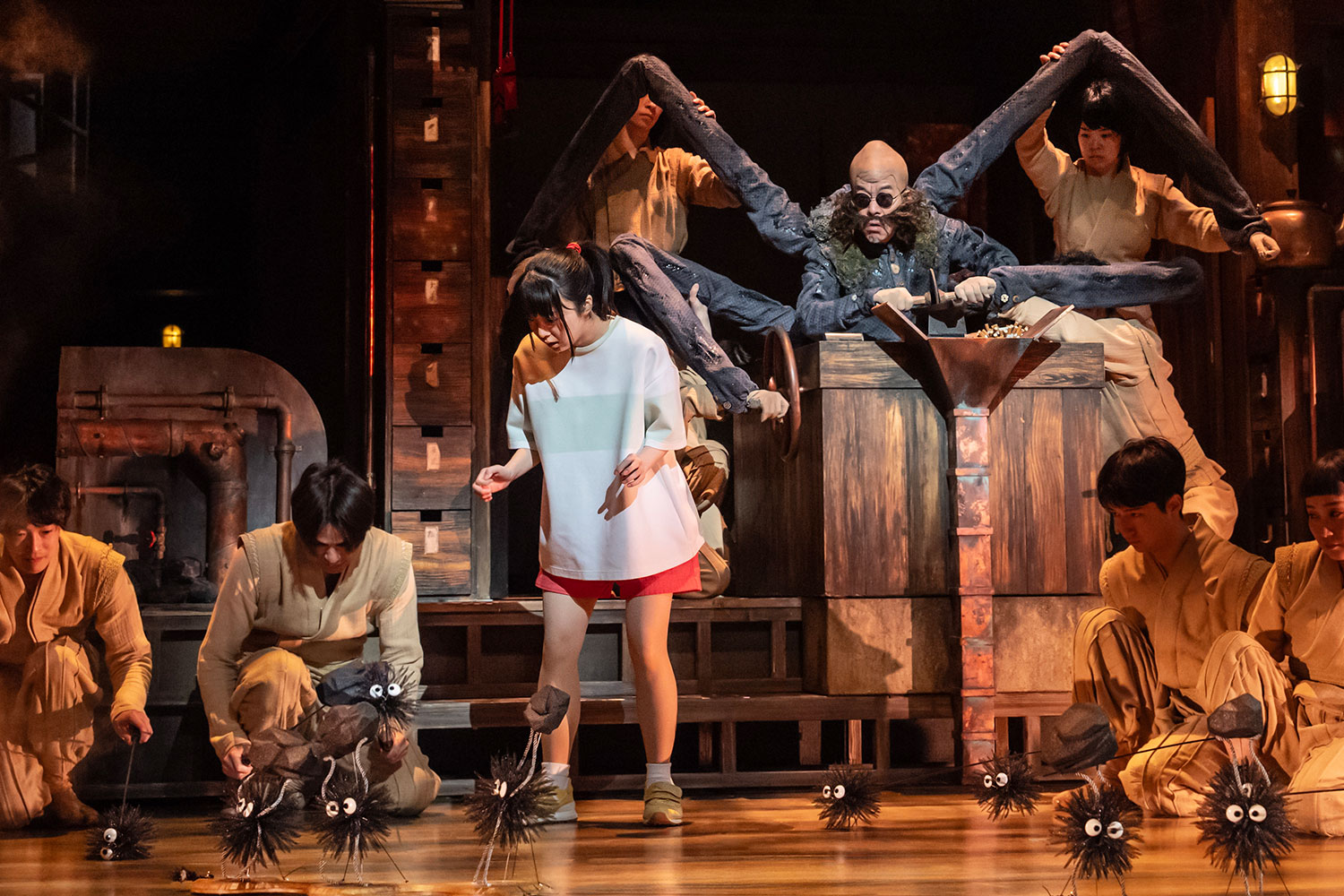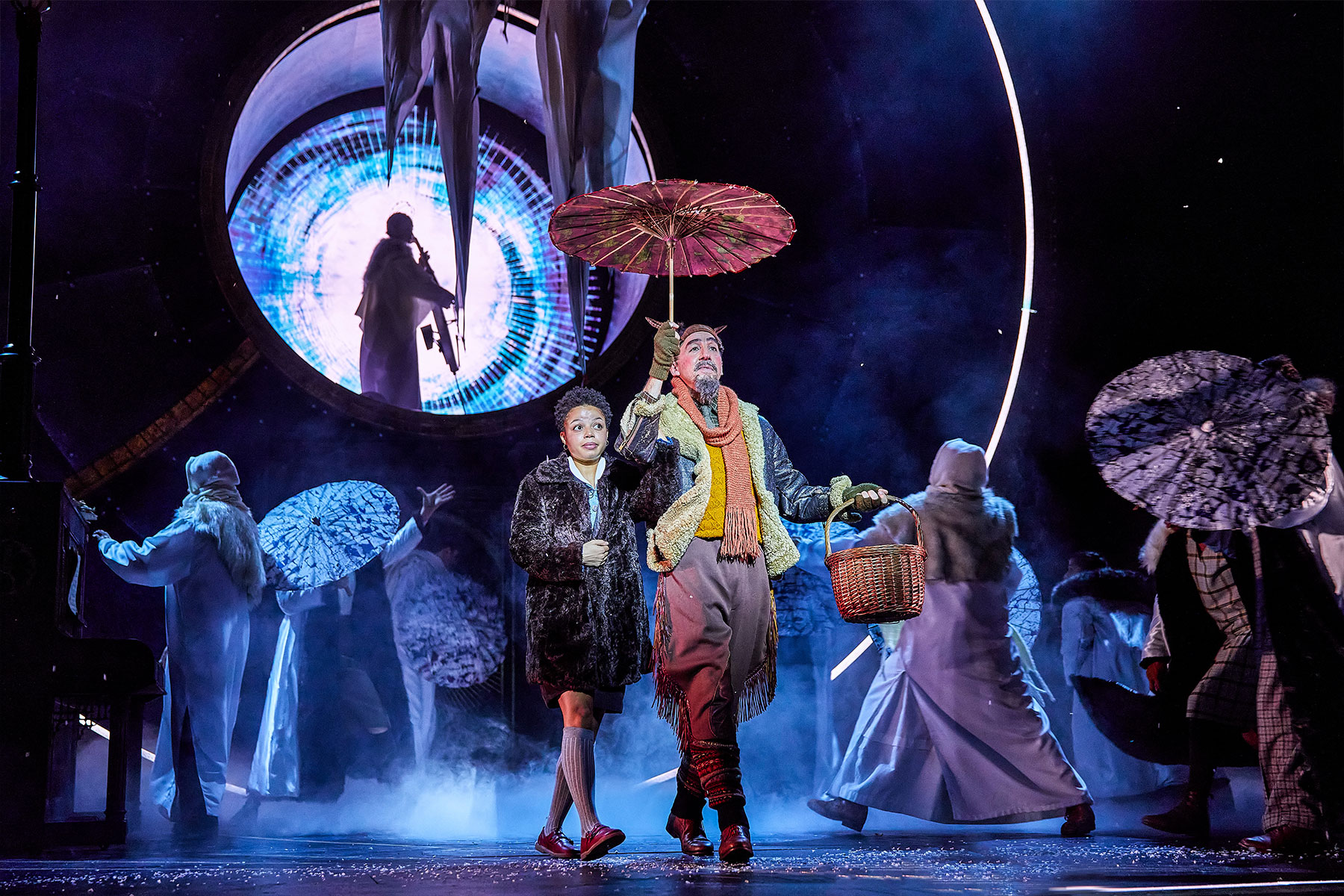The Force of Destiny (London Coliseum)
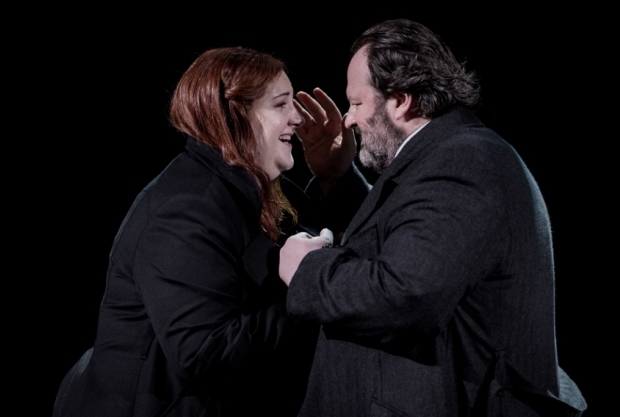
© Robert Workman
Verdi’s melodrama tracks a Les Mis-style cat and mouse chase between Don Alvaro (Gwyn Hughes-Jones) and Don Carlo di Vargas (Anthony Michaels-Moore). The former accidentally kills the latter’s father in a freak incident that somewhat complicates his relationship with Carlo’s sister, Leonora, and after three acts loaded with close brushes doom deals its ace.
If ENO‘s The Force of Destiny were a film, the BBFC would probably slap a ‘moderate violence’ caution on its certificate. More problematic, though, is the misogyny. Catalan director Calixto Bieito is neither enfant nor particularly terrible these days but he is oddly prone to depicting the drawn-out abasement of women. He has set Verdi’s opera in 1930s Spain during the civil war, a choice that strengthens the political undertow; but while the interpretation is entirely valid, crass stagecraft is not.
Several recent opera productions have shrunk from staging complex ensembles and lumped the chorus downstage instead to stand and deliver. Here’s another. Bieito shows no interest in dramatising the many individuals in Verdi’s intricate second scene, which leaves mezzo Rinat Shaham without a role to play – literally – in the one appearance (of her total of two) that has to establish her. Preziosilla is the perfect example of an unfinished character, one for whom Verdi and his librettist need a director’s help, but poor Shaham is stuck as a two-dimensional Rosa Kleb who knees a terrified pregnant women in the stomach (so amusing when you time it to music) and shoots prisoners with a silent gun.
'A ready-made star'
Bieito’s decision to avoid normal interaction between any of the principals except James Creswell‘s admirably sung Father Superior and Andrew Shore‘s cussed Fra Melitone discourages audience involvement and eventually leads to boredom. The reason for this is simple: eye contact lends conflict and humanity to a relationship; the lack of it leaves a void to be filled by generalised posturing. "At last you face me" declares Carlo to Alvaro, around three hours in. Just so.
Jeremy Sams's low-rent translation favours close rhyming ("poor house/whorehouse") and tonguetwisters (try singing "the sweet sensation" at speed) and does nothing to help ENO’s case for opera in English. But at least everyone goes for it. Neither Hughes-Jones nor Michaels-Moore is love’s young dream, nor Verdi’s, but they commit absolutely and achieve as many tingles as Bieito allows them.
For the rest, a succession of images remain. The chorus rips up a library-worth books; Leonora has a curious spat with her late daddy’s belt; dead bodies wiggle their way down a slope from which they’re supposed to slide; stage hands pop on at regular intervals to give designer Rebecca Ringst‘s weighty walls a helpful heave.
A thrilling Mark Wigglesworth electrifies his ENO Chorus and Orchestra in Verdi’s score (an amalgam of the 1862 and 1869 versions) as they hurtle through it with barely a pause. Woe betide anyone in the audience who fancies a clap, and quite right too. The plot’s flaky enough without extraneous indulgences.
As for Tamara Wilson as Leonora, this magnificent artist reaches our shores a ready-made star. She’s a lyrico-spinto soprano whose gorgeously russet low register opens out to magisterial beauty when she rises to the heights. ENO deserves our thanks for bringing us such an exceptional singer. Hell, I even cared when she topped herself.



